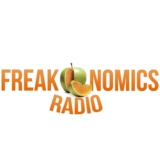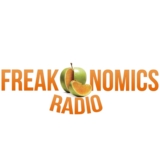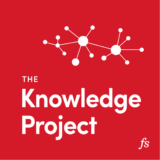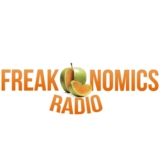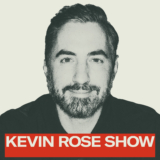“We are simultaneously gods and worms.”—Abraham Maslow Power plus humility, right? It’s a great combination and something to keep in mind as we try ...
Global demand for beef, chicken, and pork continues to rise. So do concerns about environmental and other costs. Will reconciling these two forces be possible ...
.lightweight-accordion { border: 1px solid #ccc; border-radius: 4px; padding: 5px; margin: 5px 0; } .time { font-size: 0.875rem; /* Option 3: Using rem ...
.lightweight-accordion { border: 1px solid #ccc; border-radius: 4px; padding: 5px; margin: 5px 0; } .time { font-size: 0.875rem; /* Option 3: Using rem ...
Can you make money hosting trivia nights at local restaurants and bars? I’m a bit of a trivia nerd, so this week’s show was especially interesting to put ...
In 2005, Raghuram Rajan said the financial system was at risk “of a catastrophic meltdown.” After stints at the I.M.F. and India’s central bank, he sees ...
In this episode of The Diary of a CEO, my entire perception of what an entrepreneur is, is completely turned on it’s head. I travelled to a beautiful ...
Speaker, author and radio journalist Celeste Headlee has had decades of experience fine tuning the recipe for engaging and rewarding conversation. She shares ...
.lightweight-accordion { border: 1px solid #ccc; border-radius: 4px; padding: 5px; margin: 5px 0; } .time { font-size: 0.875rem; /* Option 3: Using rem ...
Stephen Dubner’s conversation with the former N.F.L. player, union official, and all-around sports thinker, recorded for our “Hidden Side of Sports” series.
In this podcast, we cover healthy fats, medicinal mushrooms, microdosing, omega-3’s, and other great longevity and health tips. Dr. Weil appeared on the ...
It’s time to dive into the ol’ listener mailbag and answer a few questions in this week’s edition of The Side Hustle Show. I’ve had quite a few interesting ...


